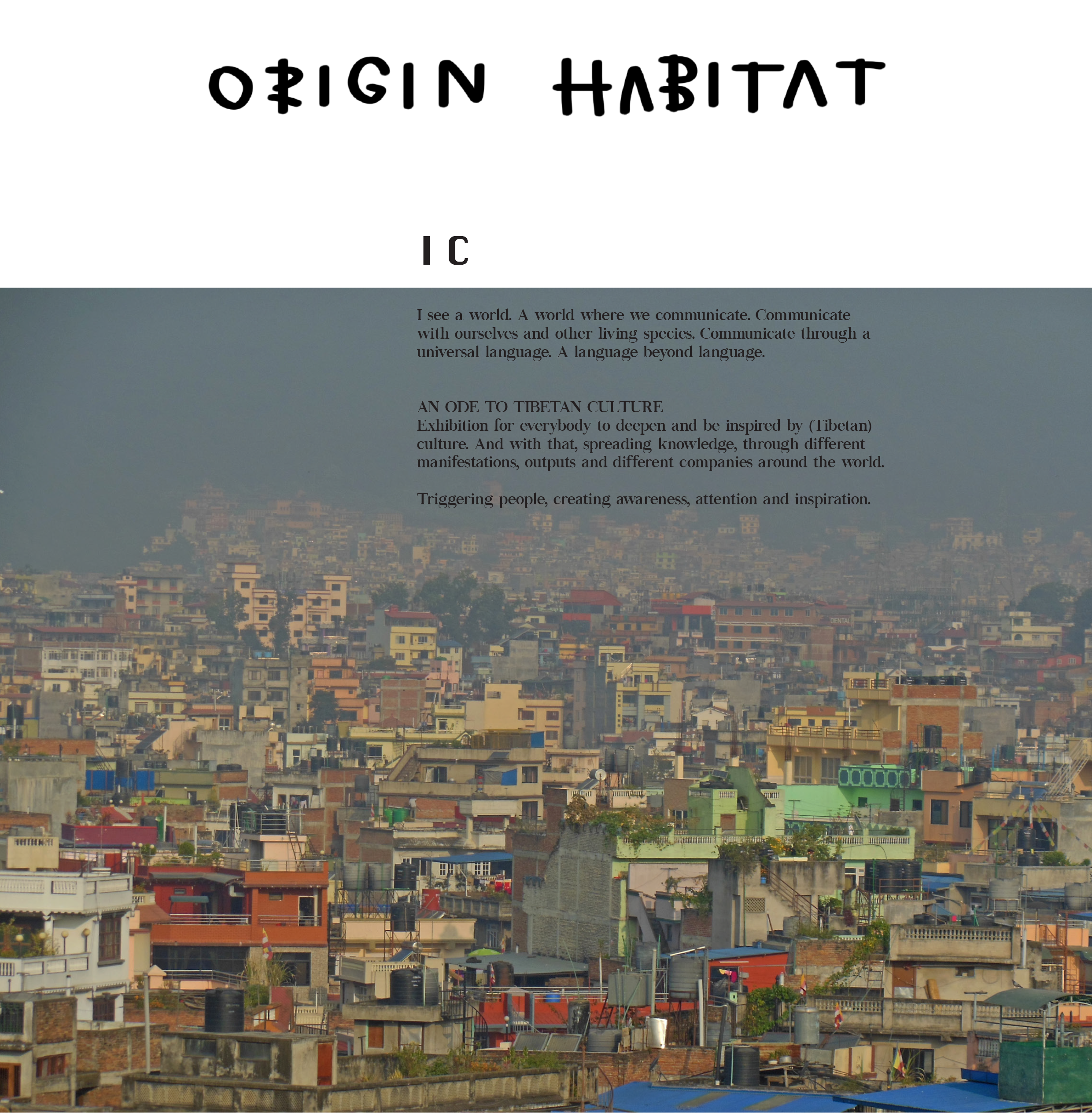X

Note; All I write is the stories I’ve witnessed, talked about and interpreted in my way. The thoughts and habits that inspire me. There’s no actual truth, it’s just the way I see it. This is all open for TIBET (debat), as the Tibetans would say.

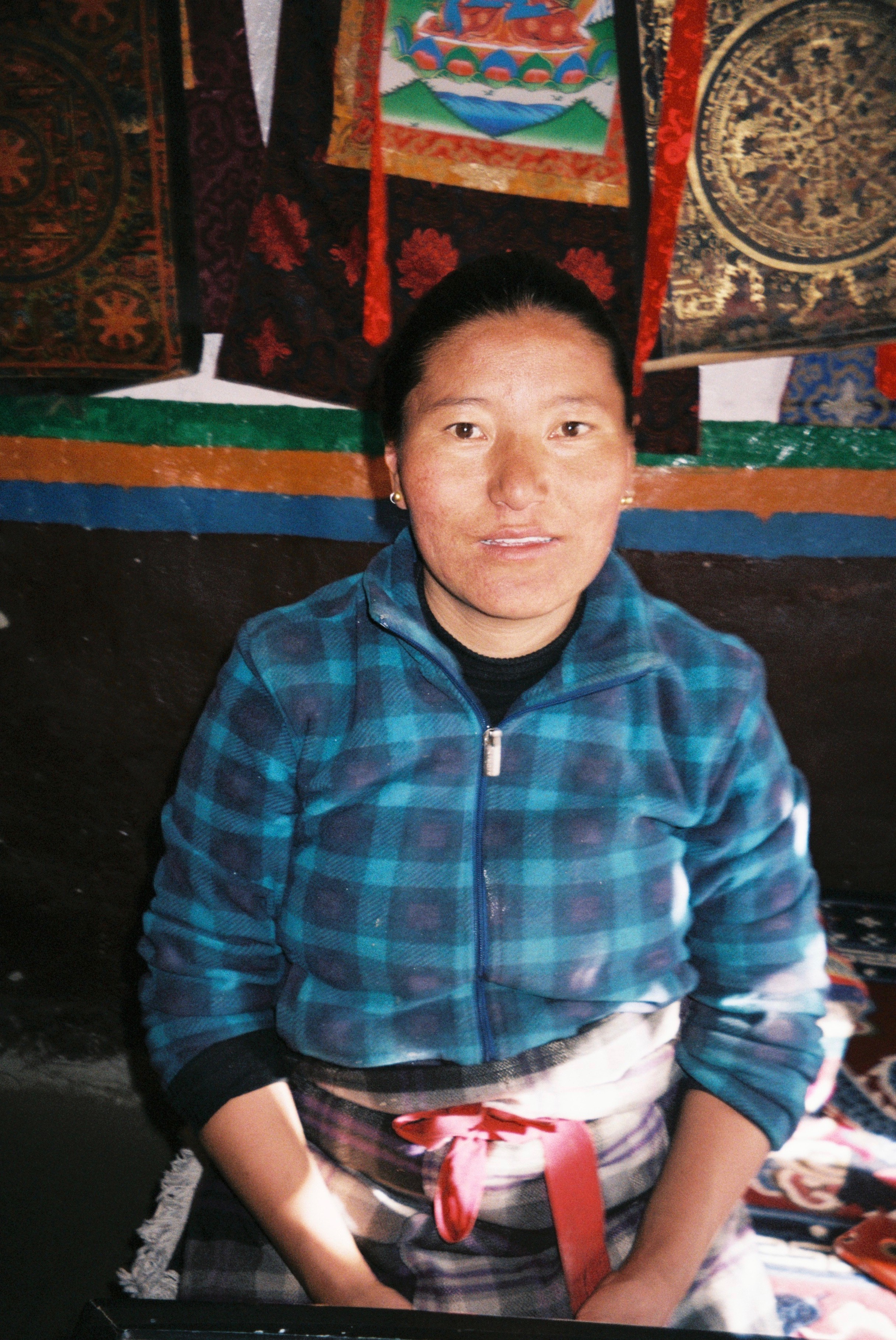
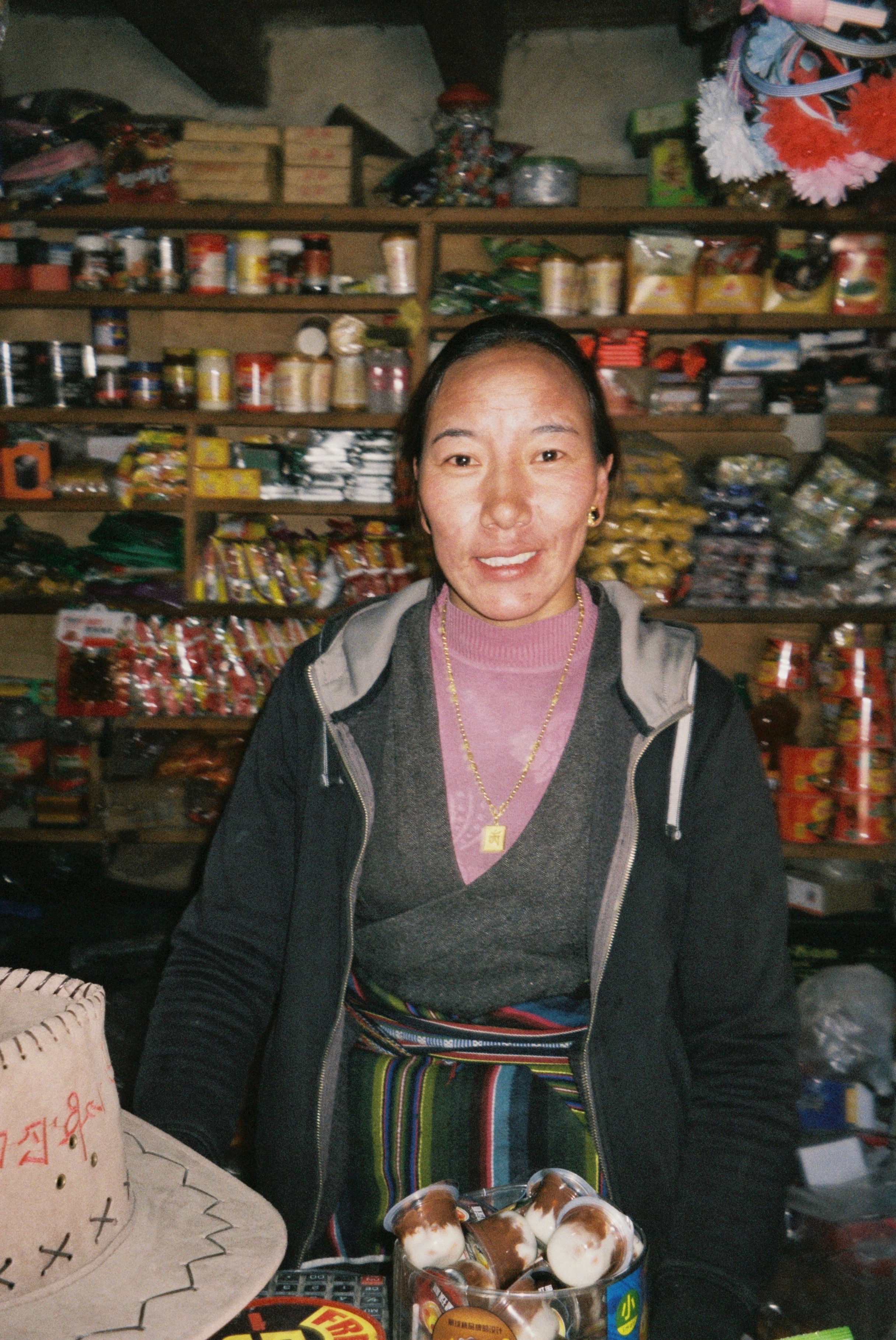
Faces of
Lo Manthang
Tibetan culture is a “rich” one. Not financially but in their way of living and believing. The richness of Tibetan culture is world-renowned, as is the welcoming nature of the Tibetan people. But it can appear complex and mysterious with it’s monastic societies secretive tantric religion, troubled recent history and it’s nomadic heart.
Tibet differs 180 degrees from most Western countries. Tibet is suppressed by the Chinese government, and yet, it’s the strongest culture I’ve every witnessed. They might have none or little money, but they’re so rich and free in mind body and spirit, and in peace with their life.
I think in this culture there are so many lessons to learn. So much inspiring thoughts and traditions to take in.
TRASHI
My guide trhough the Himalayan mountains. I met Trashi when I entered his Tibetan jewellery store in Pokhara. I told him about my plans and that I was looking for a guide. Trashi himself grew up in Lo Manthang, so who better to take me through these beautiful mountains? He decided he’d like to come with me and Leo. I am so grateful for him.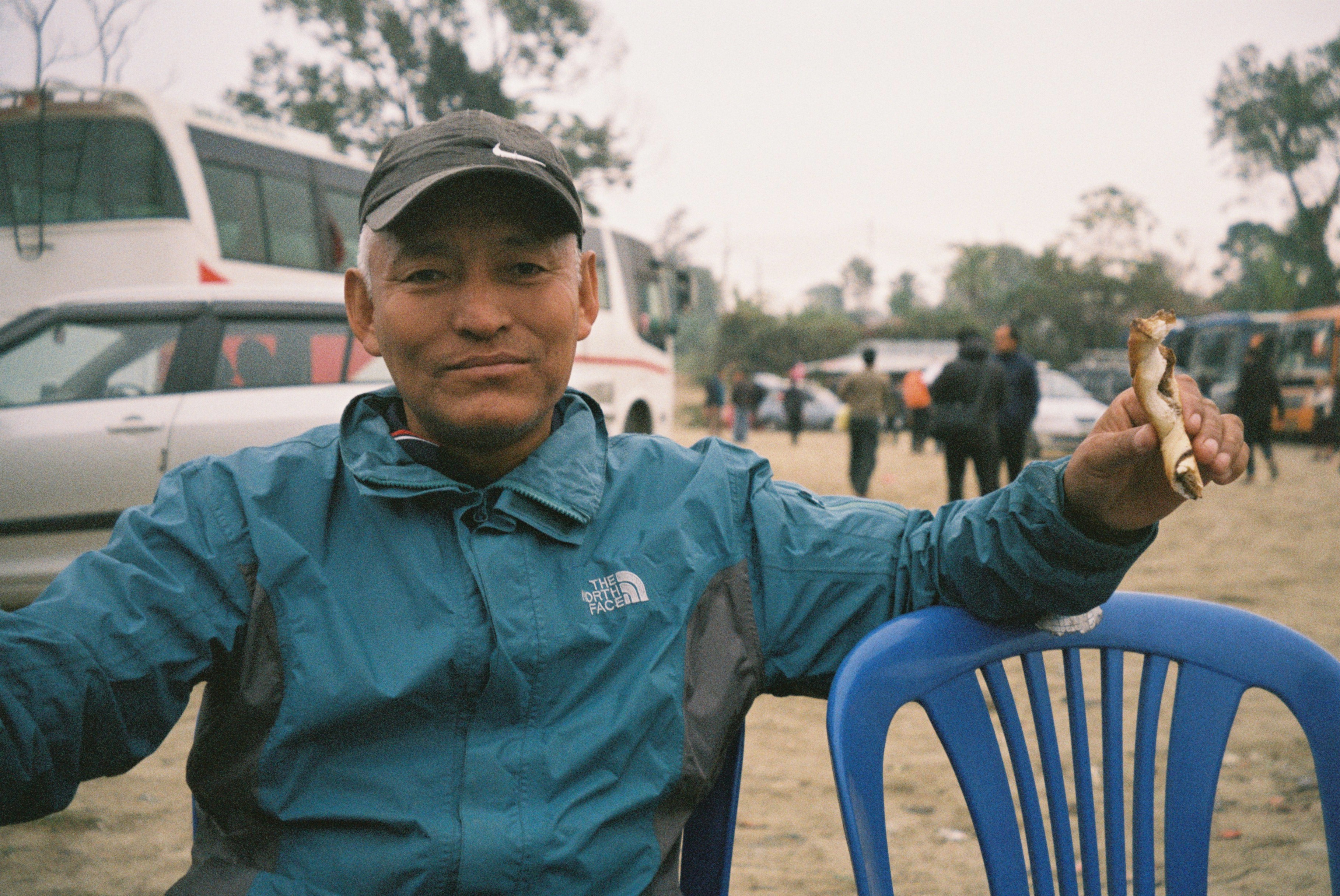
20191212
I think it was three years ago. I was cycling through my beloved Amsterdam. It was summertime and the sun was setting.
Normally this is my favourite part of the day, but today I was wondering. ‘Why is everybody going from point A to B. Only focussed on their “destination”, with the instinctive feeling of “having no time to waste”. Not even to stand still and look at the miracle, of colours the setting sun creates for us, reflected by the string of clouds. No time to stop when you pass someone familiar.’
I felt trapped like I was in this big spiderweb of invisible threads people spread along the city going from A to B. “What am I doing here? I should be in Tibet or Nepal somewhere on a mountain!”.
Well, here I am. Three years later.
And now I do understand that ‘calling’. Nepal ‘calls’ for people. People that listen.
Stand still and take the time to listen
.
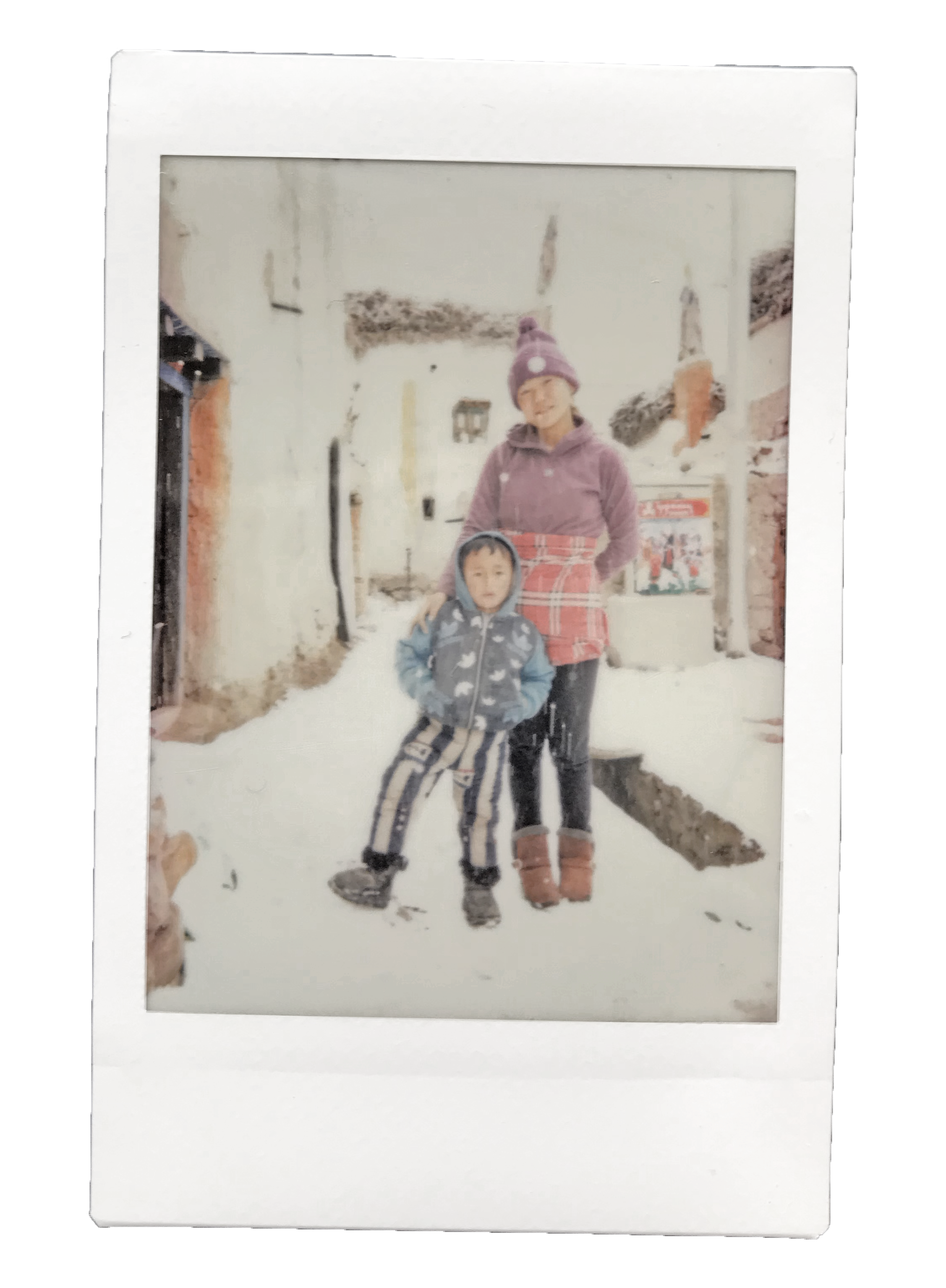
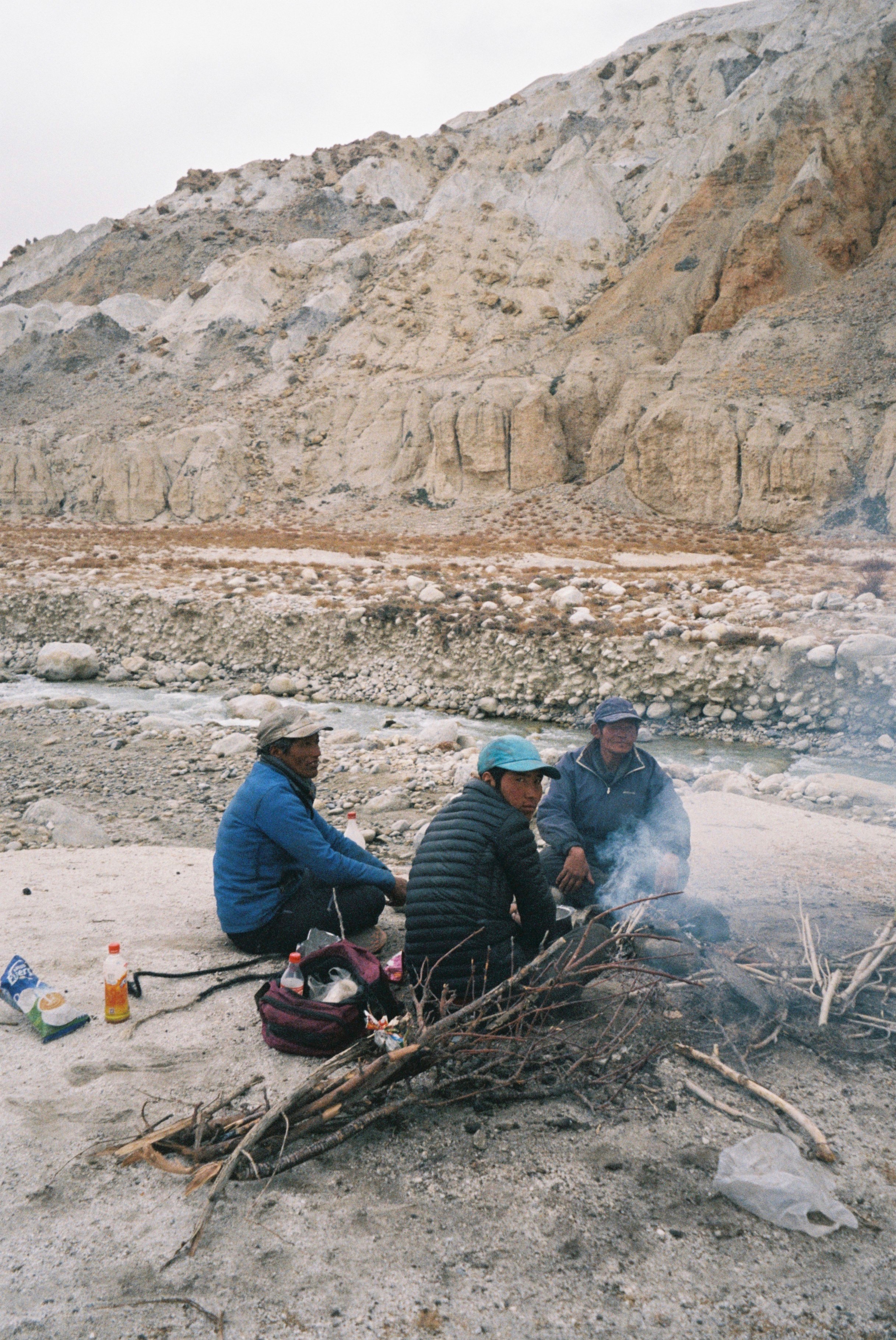
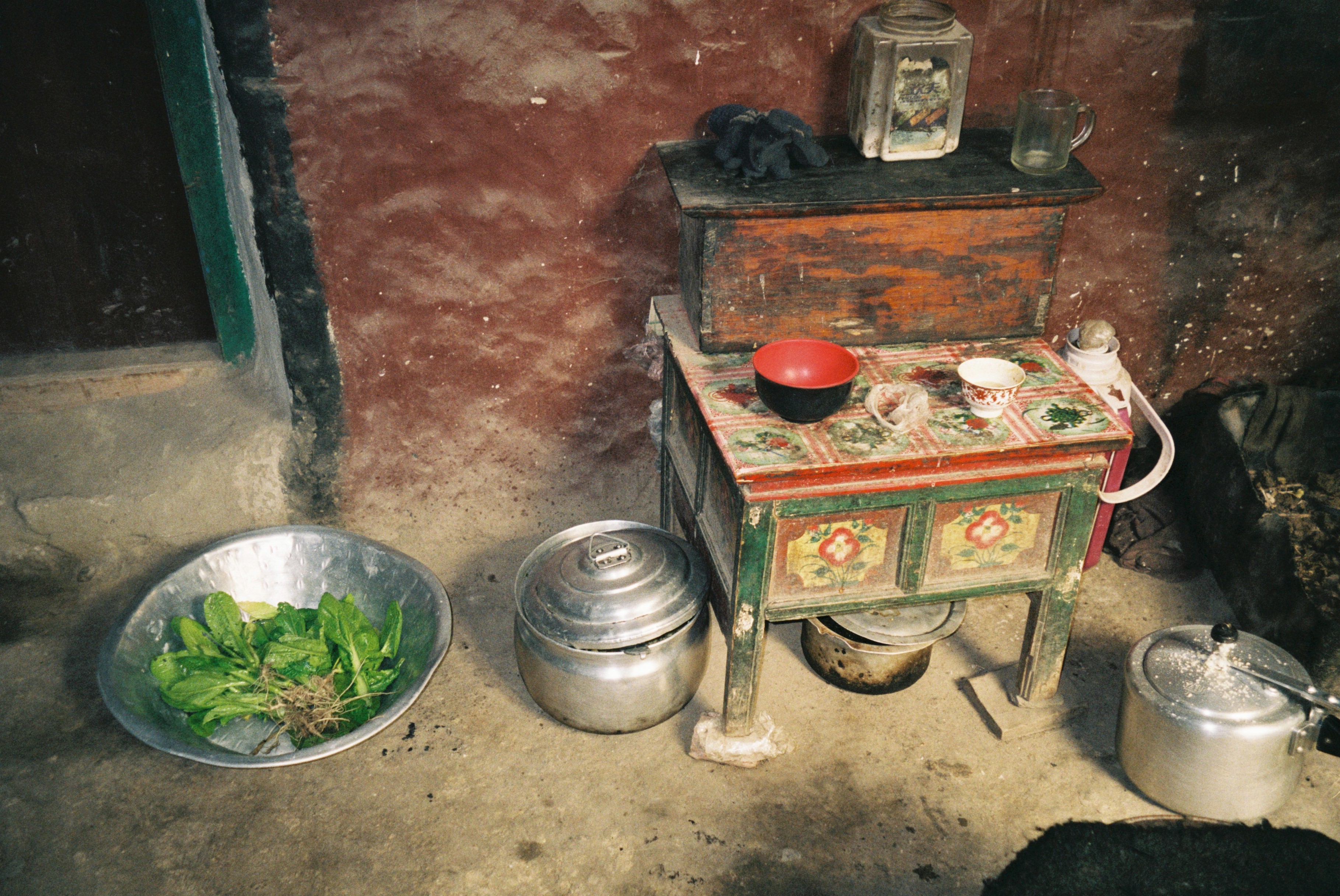
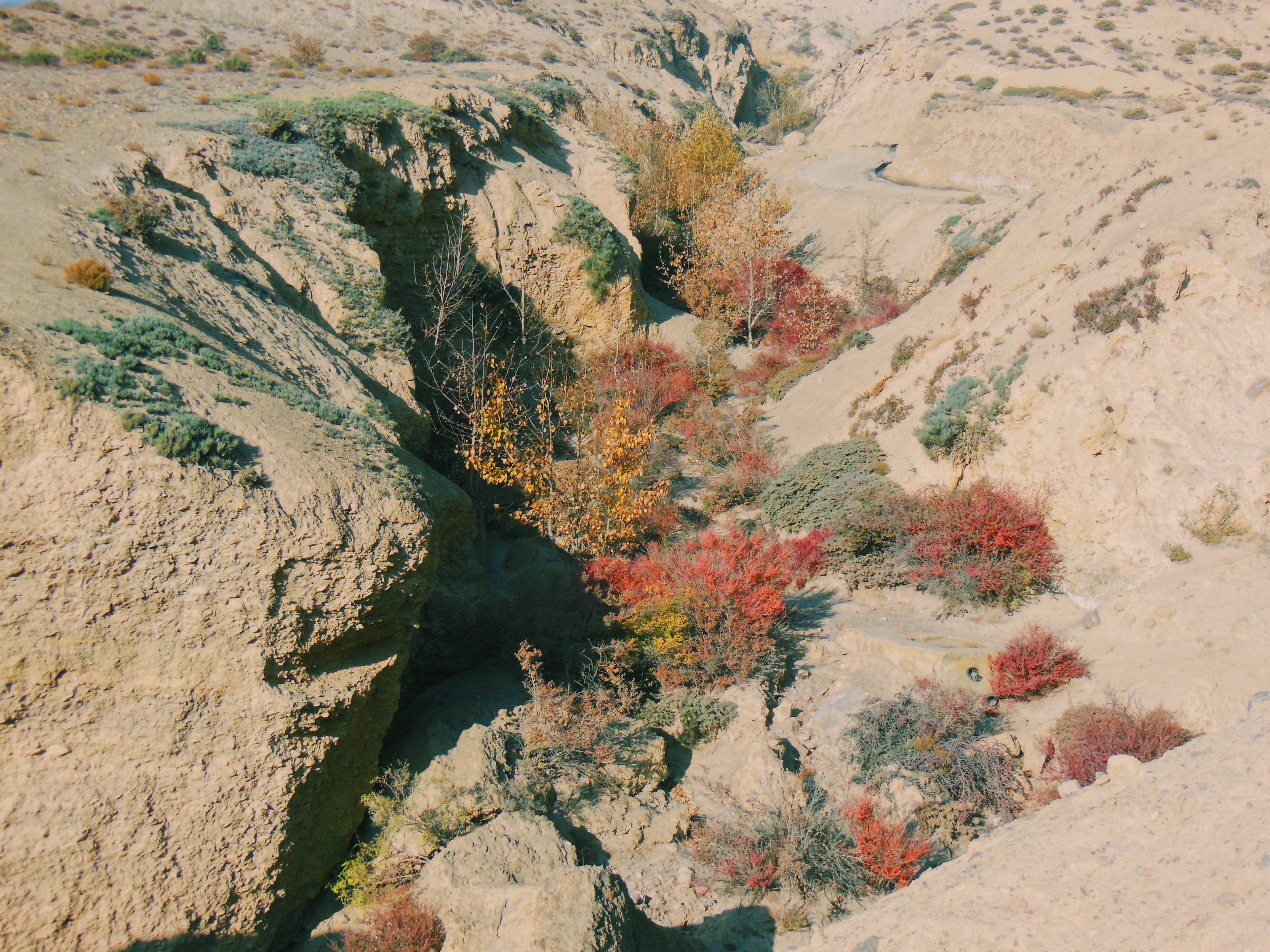
ORIGIN HABITAT
‘What is culture? What can we as Westerners, -with a lost culture, learn from the preserved cultures and authentic living people? How could we ensure that culture does not perish in the fast world, but learn from one another and merge?’
These are the questions that were most loudly running through my brain throughout this case study period.
I feel it happens naturally. I don’t have to be to much ‘aware’ and narrow in what I want to research, I do this intuitively. Because those are the things I’m intrigued with, inspired by and want to know all about. Well, all.., that’s a huge statement actually. With that I don’t really mean “all”. When I’m inspired by for example; ‘Tibetan culture’, I only dive in the aspects that attract me, as for example; ‘Tantric Kamasutric religion’. But even with that, I’m not diving in every single aspect there is to know about.
You follow? Well, that’s the Doli struggle. And that’s how I figured we should tell this story together. So, several people can choose and delve into the subject they’re attracted by. In this way, we all do what we love most and are able to learn from each others’ research without having to go into all the details ourselves.

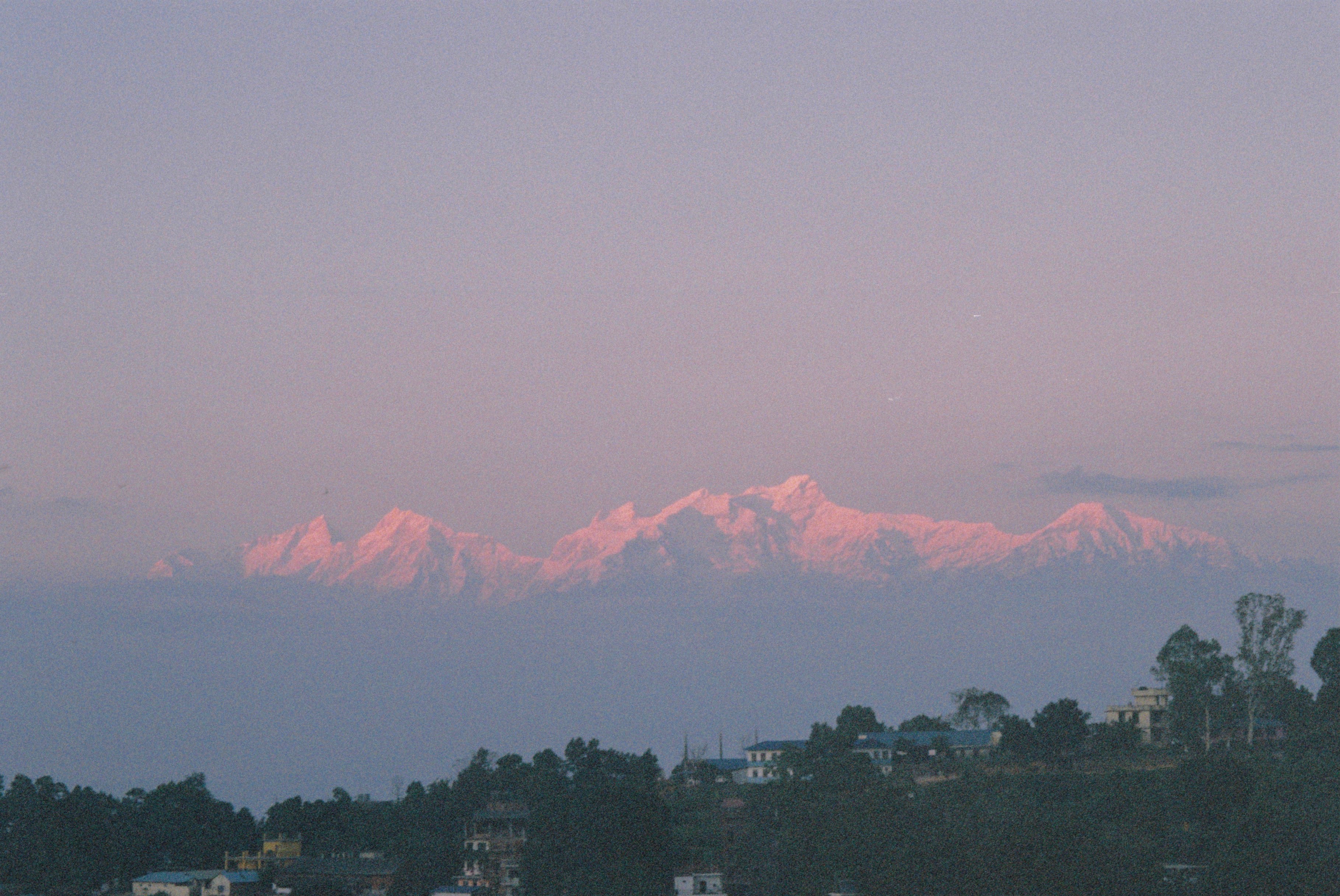

This project is about the importance of ‘habitat’
I’ve traveled through “far east” Asia, the Philippines and Nepal. I’ve been most inspired by the way the countries make me feel. The acceptance, old ancient traditions and religions.
In Nepal I’ve met many Tibetans that fled, suppressed Tibet, to live a more free live. They’re always incredibly beautiful and have this calm happiness around them. Their eyes are glowing with a spark that is hard to describe, but if you look in these eyes, you immediately feel so much wisdom, respect, trust and acceptance.
That’s why I went to the upper Mustang mountains, where Tibetans live freely in “their ancient” way. The walk up took us 5 days of 7 hours walking. We slept in tea/guest houses that we found in the small villages on our way to Lo Manthang. They’re all still remote, but times are chancing since they build roads that could take you from Jomson to the boarder of Tibet/China all the way through the Himalaya’s.
In wintertime the weather is unpredictable and you can be caught by a blizzard anytime. That’s why a lot of people from the small villages now go down to either Pokhara or Kathmandu to stay with family for these times of the year.
When I woke up my third day in Lo Manthang, the world was white and snow was still falling. It was beautiful to see this landscape covered in a white blanket, but inside I felt an anxious feeling. Like I was trapped in these mountains now with no way out and no contact with “the world”. ‘Gurl, this IS ‘the world’. But I couldn’t help to feel far, far away. It’s logical actually, despite how much I love remote places, I grew up in a place everything but remote. I’m still learning to understand these kinds of worlds.
But by this time I understood. When I saw the family of my guesthouse, the women was dressed in a beautiful Tibetan scarf around her waist and wearing a North Face windjacket on top, she was making pizza without an oven. They “improvised” because we’d like to be able to get pizza in the middle of nowhere. It was sort of a wrap, with a lot of vegetables, cooked in a pan on top of a pan in which water was boiling. It’s so interesting to see these ways of making things possible. A combination of the modern and the ancient world.
I realised everything is merging. We shouldn’t be afraid of losing these “ancient” ways of living, but be aware, aware that we won’t be losing this more than inspiring ancient world. And let it merge, in a good way.
The whole world should be talking about the old learnings, don’t forget the beautiful stories they tell. Philosophy together.

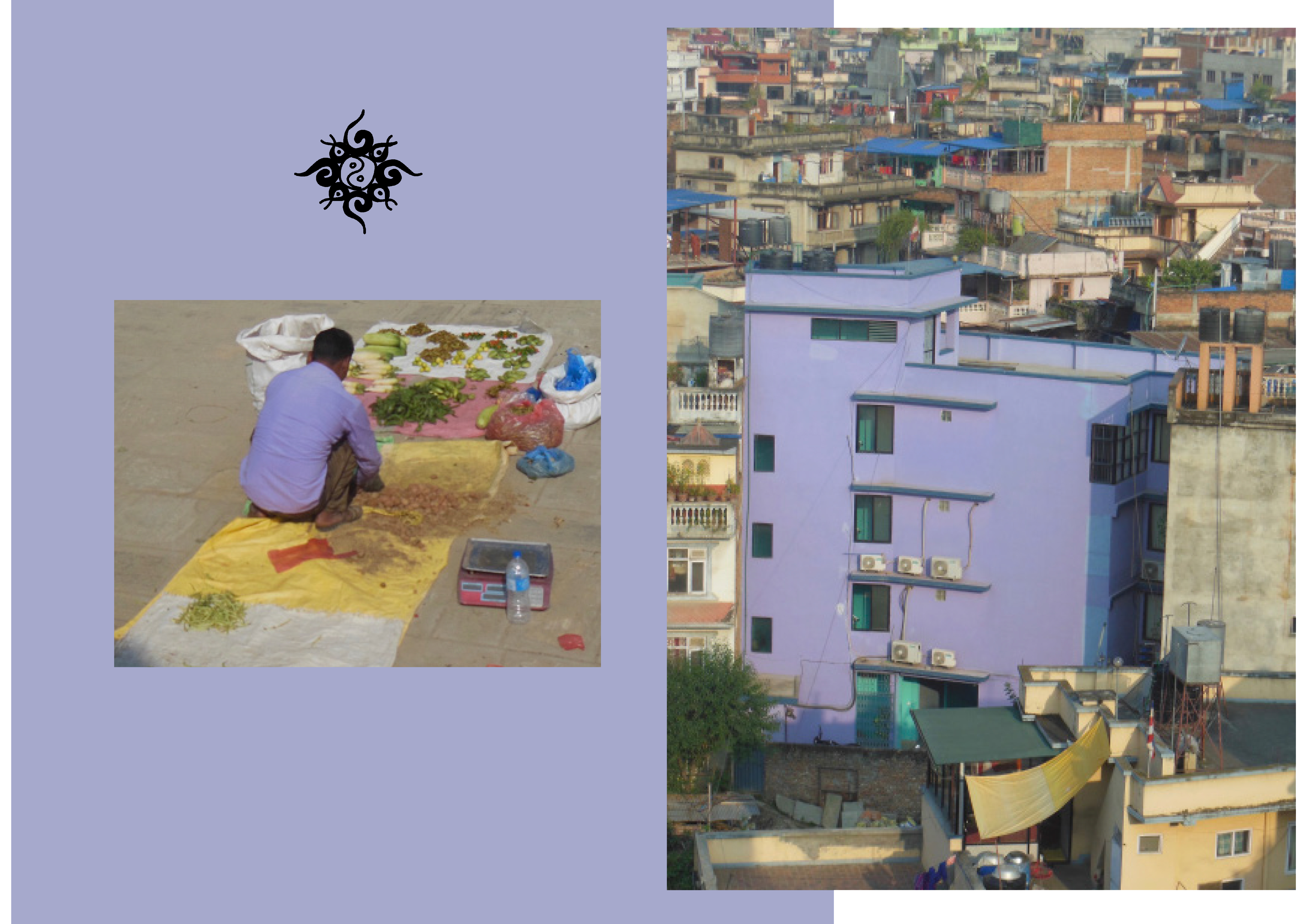
AKSHAMALA
“The ashamala is a string of 108 beads. The mantra is articulated loudly or mentally over each bead. Two akshamalas joined together serve as a way of counting the rounds made.
In the Buddhist tradition this is a special attribute of Avalokiteswar, who has an akshamala made of crystal beads. When it is turned ir means he is drawing the people out of cyclic existence and leading them to Nirvana.”
“The ashamala is a string of 108 beads. The mantra is articulated loudly or mentally over each bead. Two akshamalas joined together serve as a way of counting the rounds made.
In the Buddhist tradition this is a special attribute of Avalokiteswar, who has an akshamala made of crystal beads. When it is turned ir means he is drawing the people out of cyclic existence and leading them to Nirvana.”



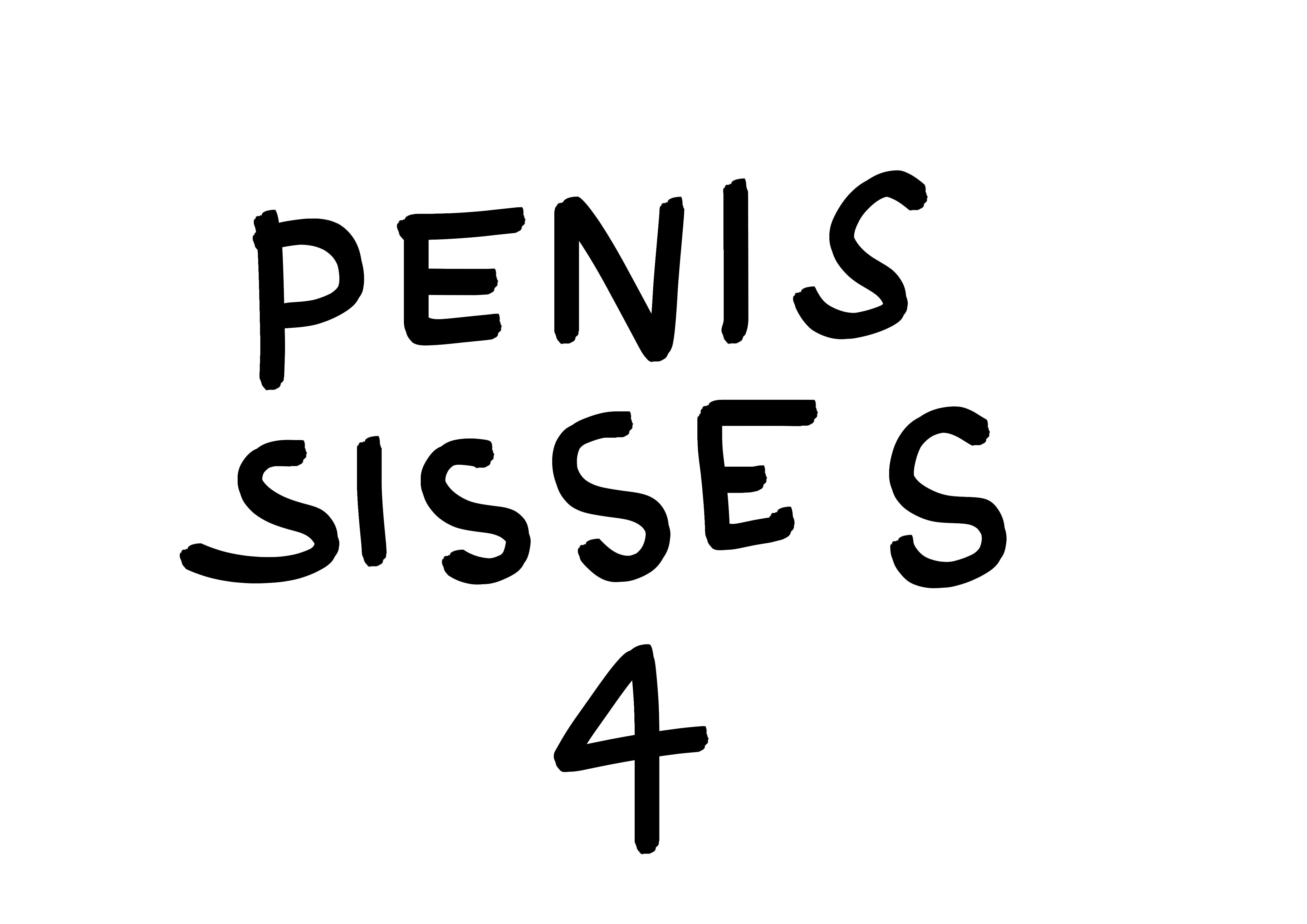
There are lot of beautiful artwork and statues to find of the Linga and Yoni. Together, they symbolize the merging of microcosmos and macrocosmos, the divine eternal process of creation and regeneration, and the union of feminine and masculine that recreates all of existence.
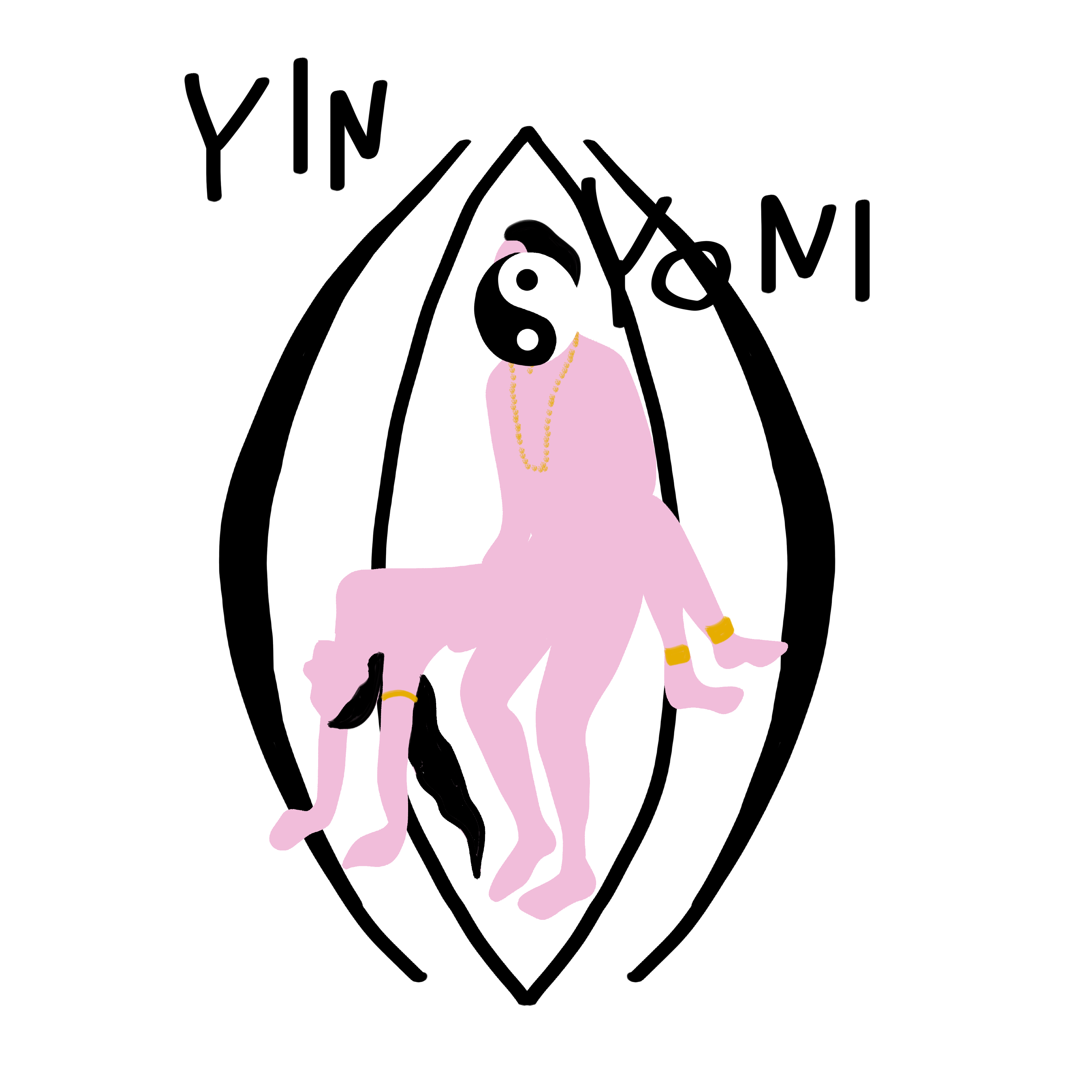


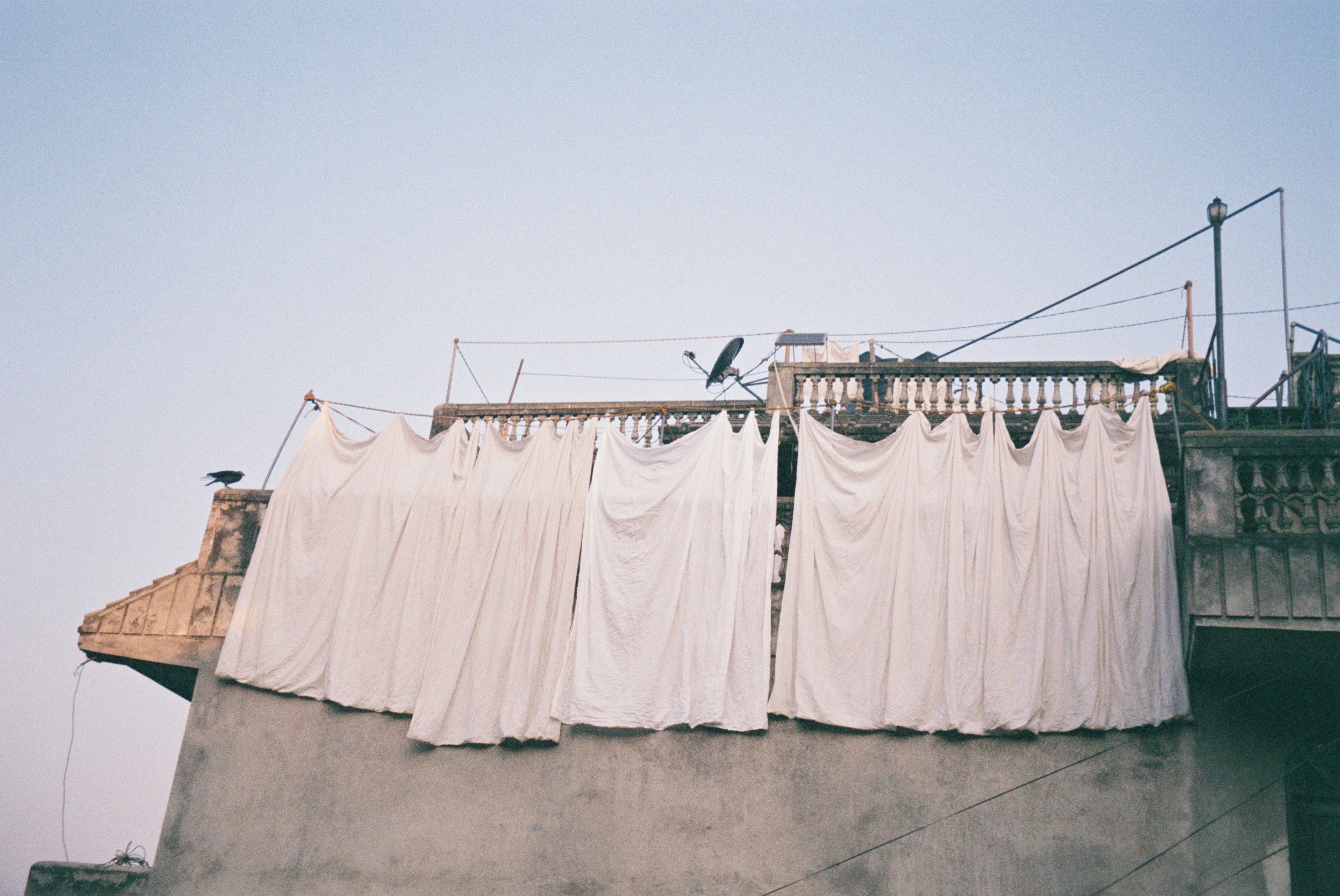
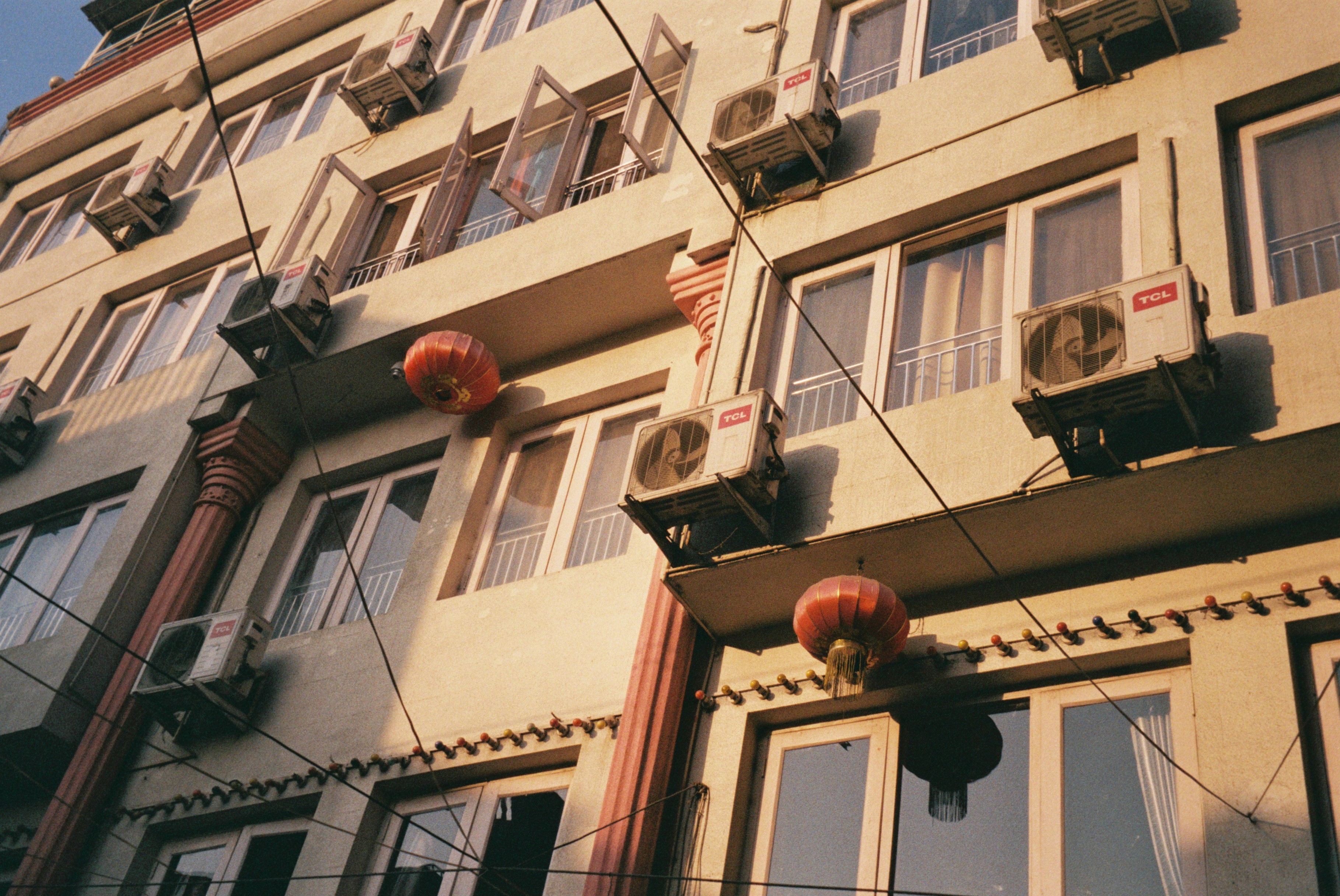
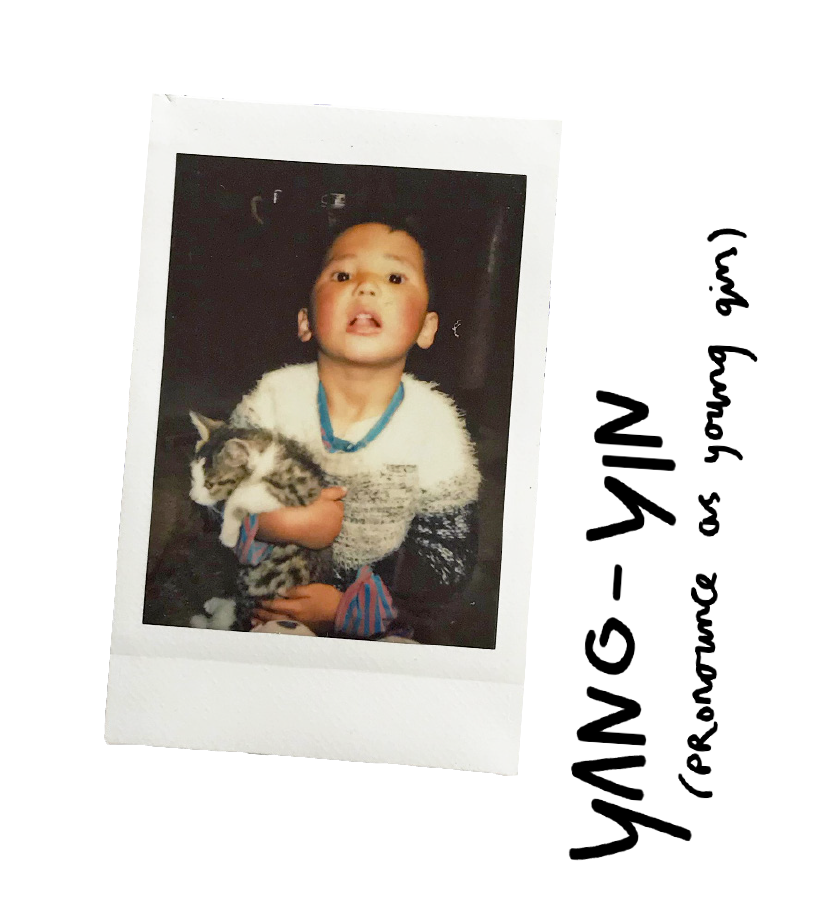
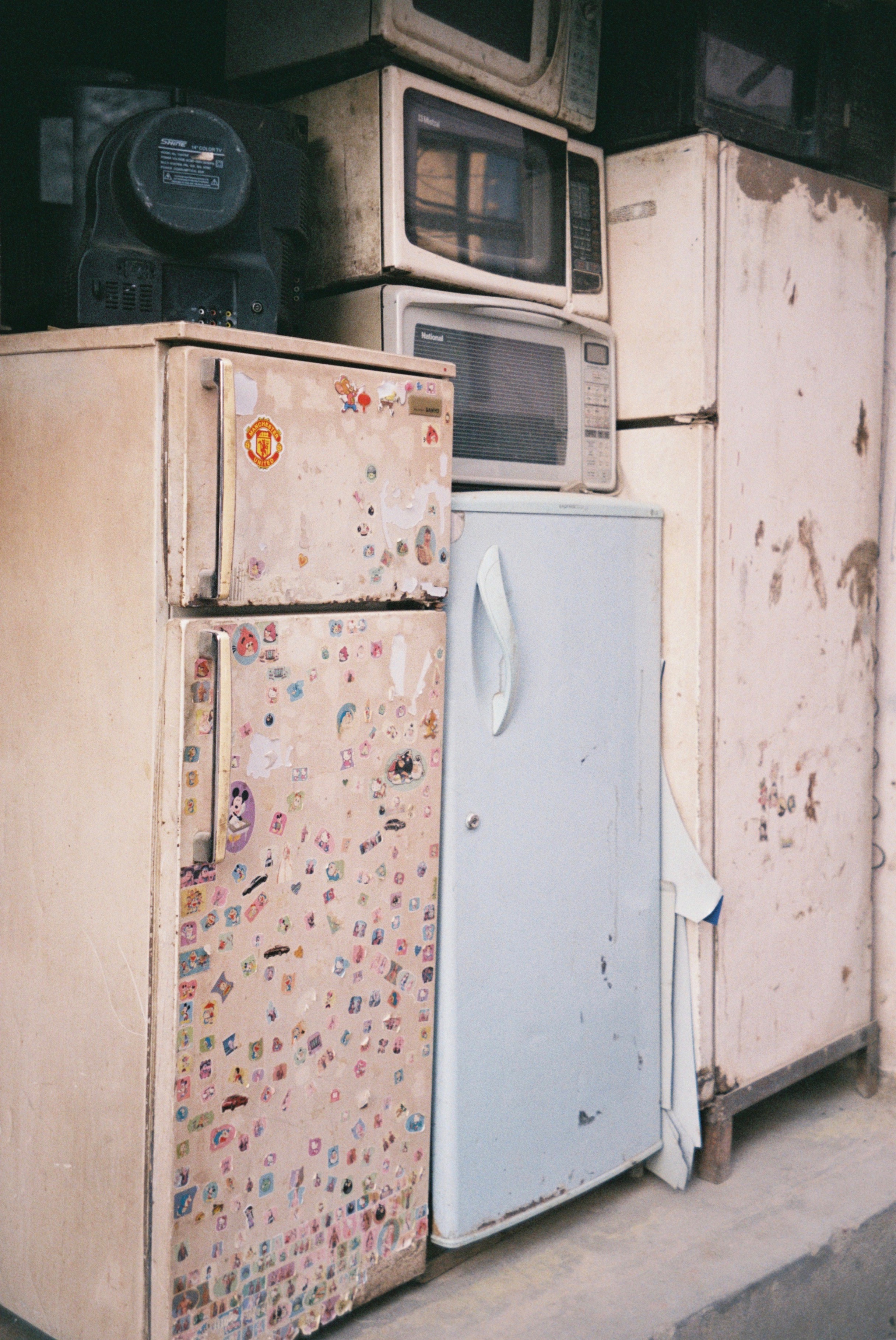
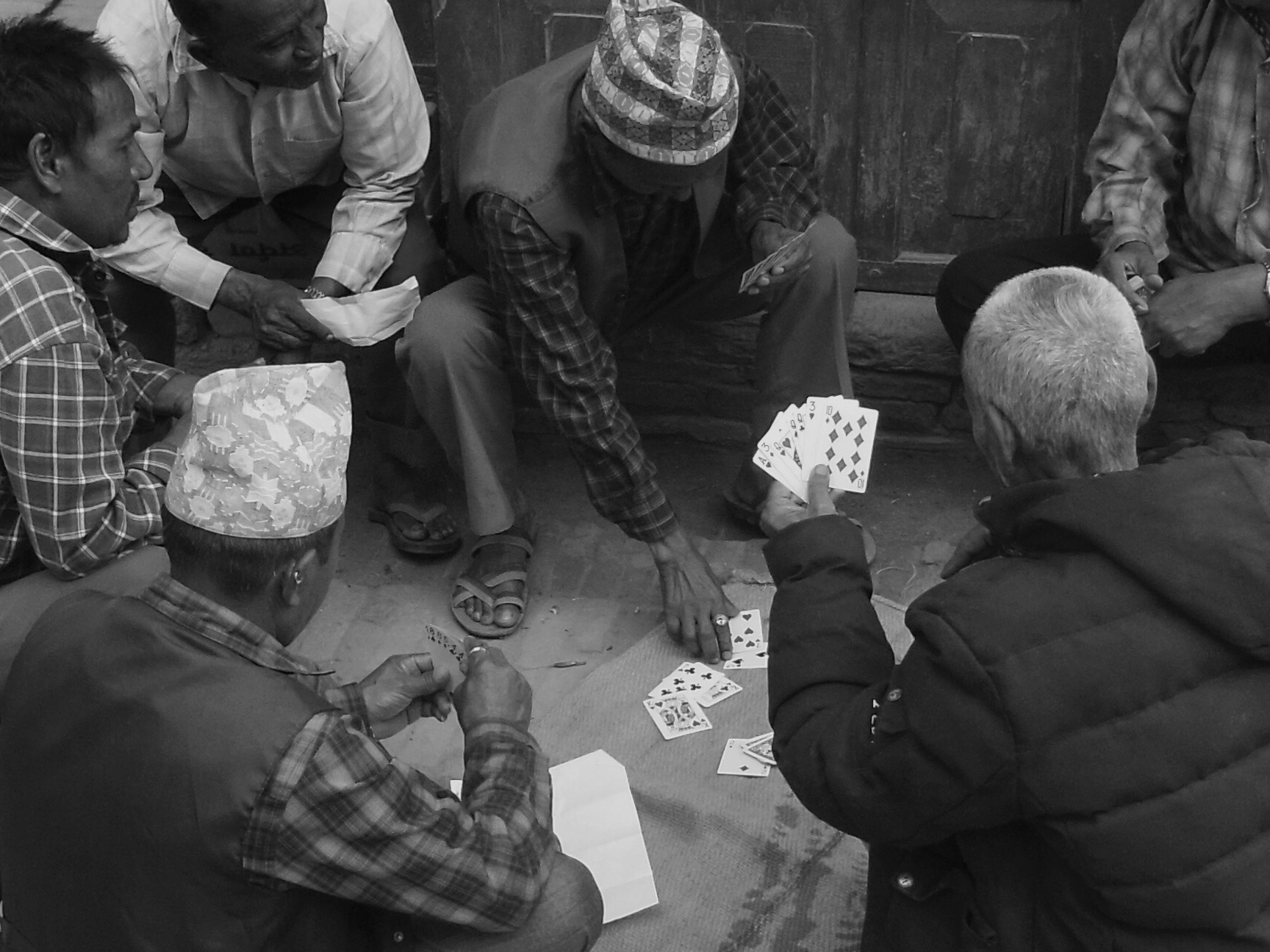
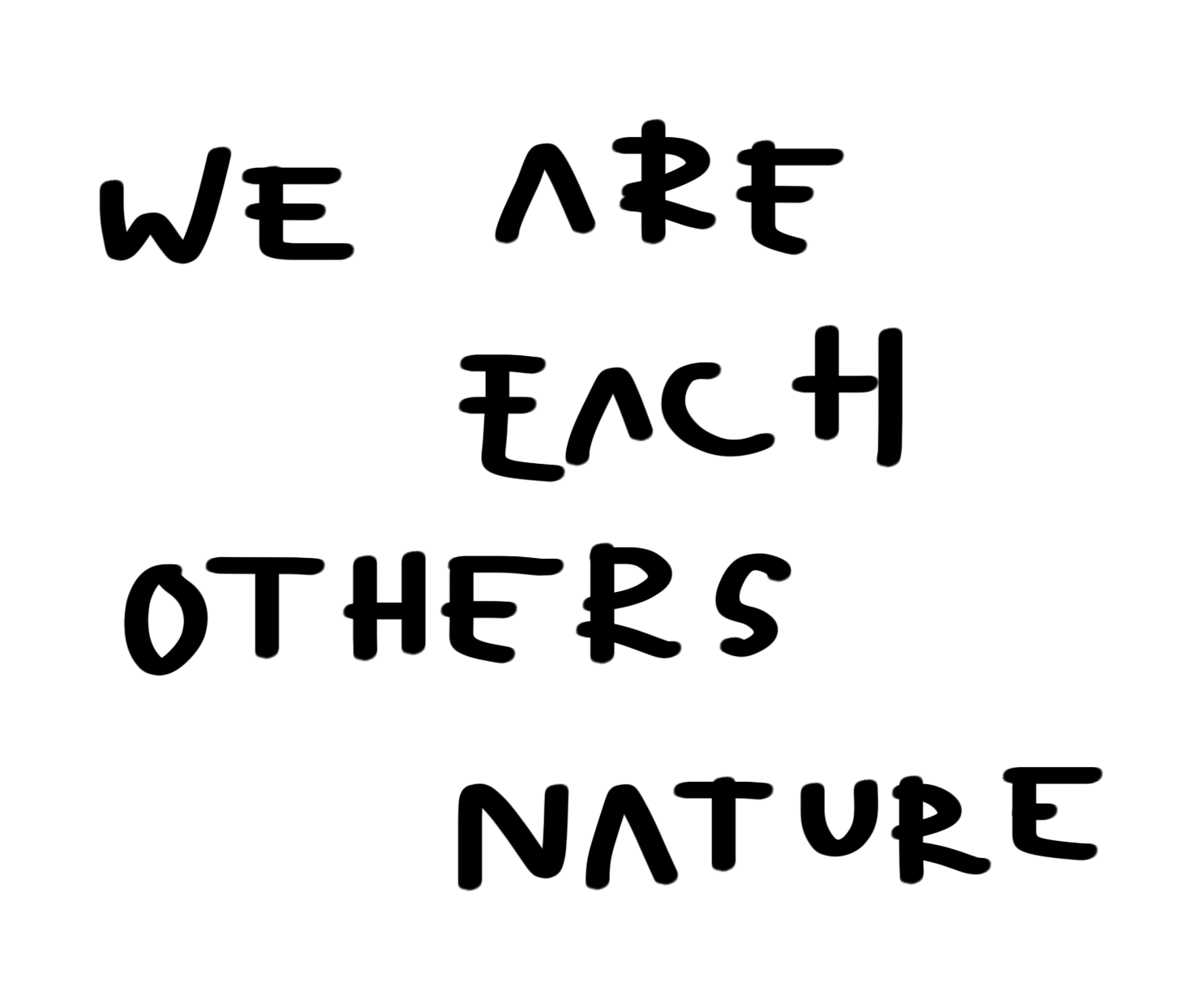



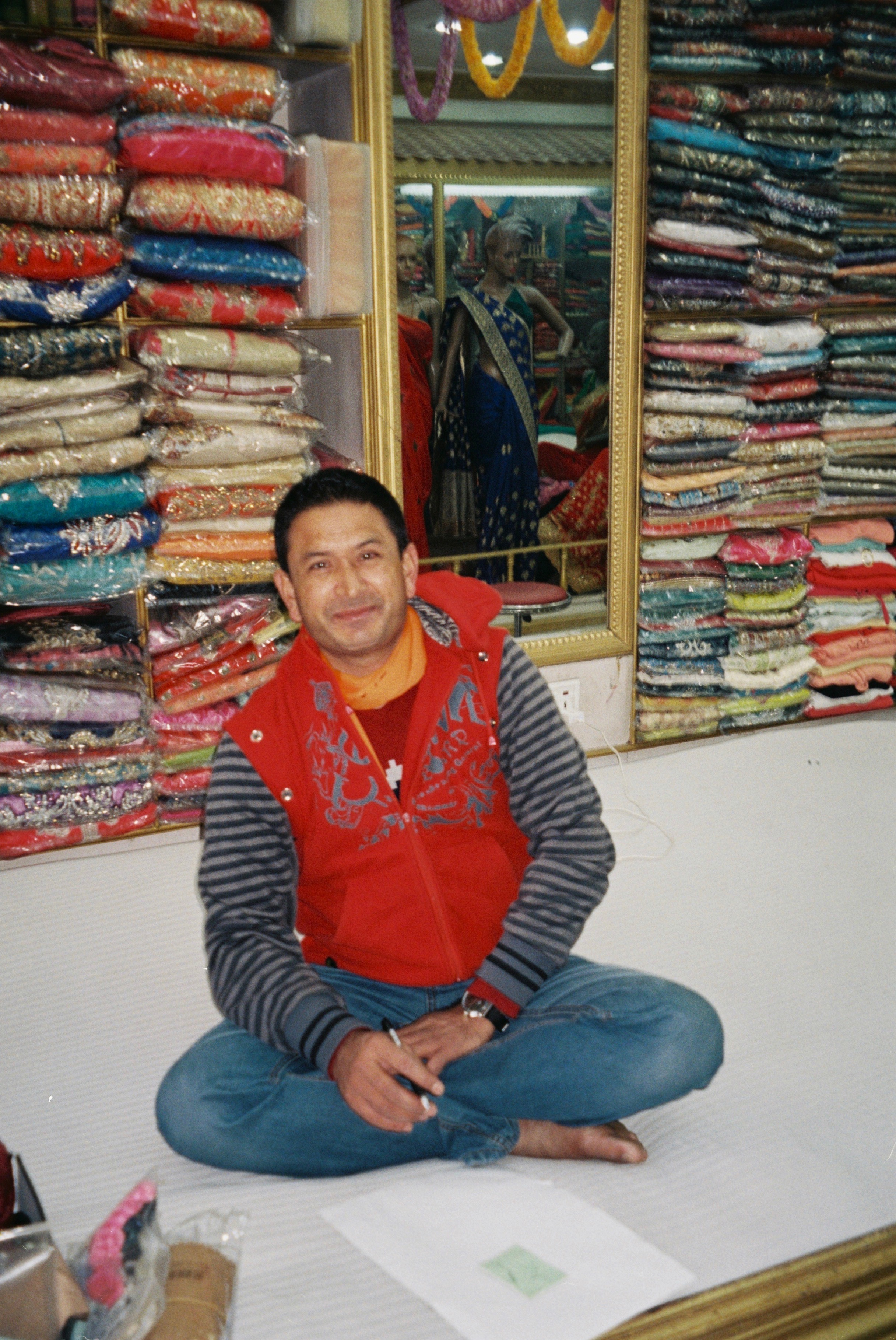
DAWA > Tibetan
23 years old traveling Asia
.I meet Dawa in the hostel where I stay in Kathmandu. We meet at the rooftop whilst sun is setting. His smile attracts me, I can read stories of of his face.
He tells me about having a Chinese passport now, Tibet is sort of “not existing” anymore, but yet it is. Their passport could be ‘Chinese’, but it’s written in Tibetan language, which makes it really “offensive” (?). I don’t know if that’s the right word, but it’s the best I can think of right now. Tibetan culture is being ignored and deleted/wiped/erased from earth, but not quite. Because they have a Chinese passport (and are considered “Chinese”, that the written language is Tibetan makes them miss treated everywhere. They don’t have the “benefits” of being Chinese. But they can also not be their own person. I’ve always been very intrigued by Tibet, and especially now I hear Dawa’s stories, I so much appreciate growing up in a free country/state. He tells me; don’t go to Tibet. It’s a trap.
Dawa lives with his mom in the mountains. He was only child, but after his mom got really sick and he was the only one to take care of her, whilst he was traveling she adopted two orphan girls. The village is very “strict” he tells, nobody drinks alcohol or smokes. While traveling Dawa started smoking weed, his mom excepts that now, but if people in the village would know, they would speak bad about his mom instead of him. So that’s why he’s conscious of where and when he smokes (does what he wants).
Dawa is such a happy, natural and inspiring/ outstanding person. He loves to share. He gives me this amazing looking Chinese pack of cigarettes, which I’m not gonna open. It’s to beautiful and to much worth/memories/gesture.
Rham
This is the most positive, happy and strong men I’ve ever met. He was carrying shit heavy weight up the mountains, attached to his head by a string. Mostly just wearing his slippers. Always smiling, always willing to help, always so intens grateful. This man had inspired me so much. He just lives, adjusts, and follows live.Day 1 of trekking in mustang he found me a stone, with a pattern like it was carved in, but it was just natural. Rham was always picking up things from nature that no-one else would’ve noticed.
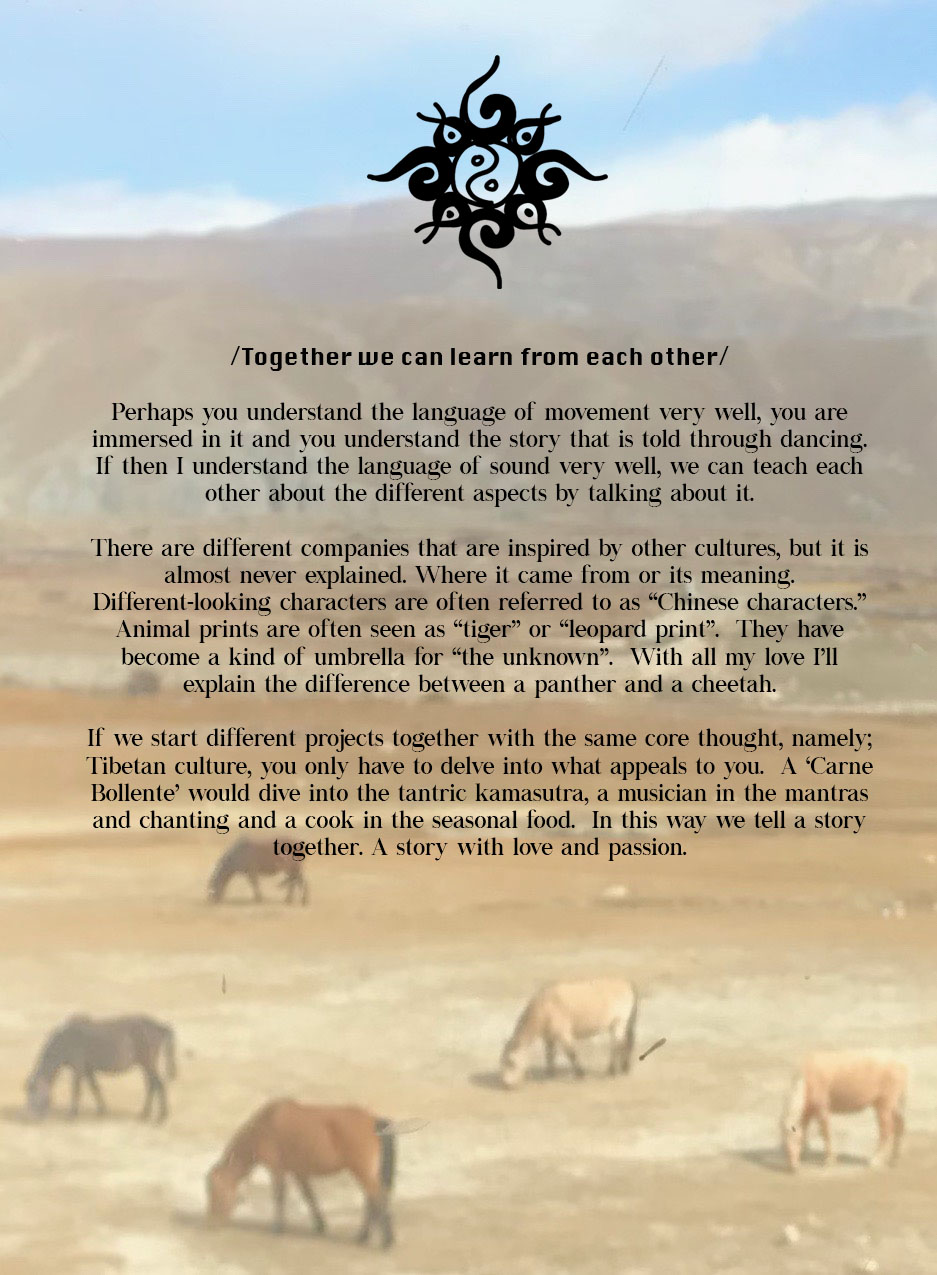
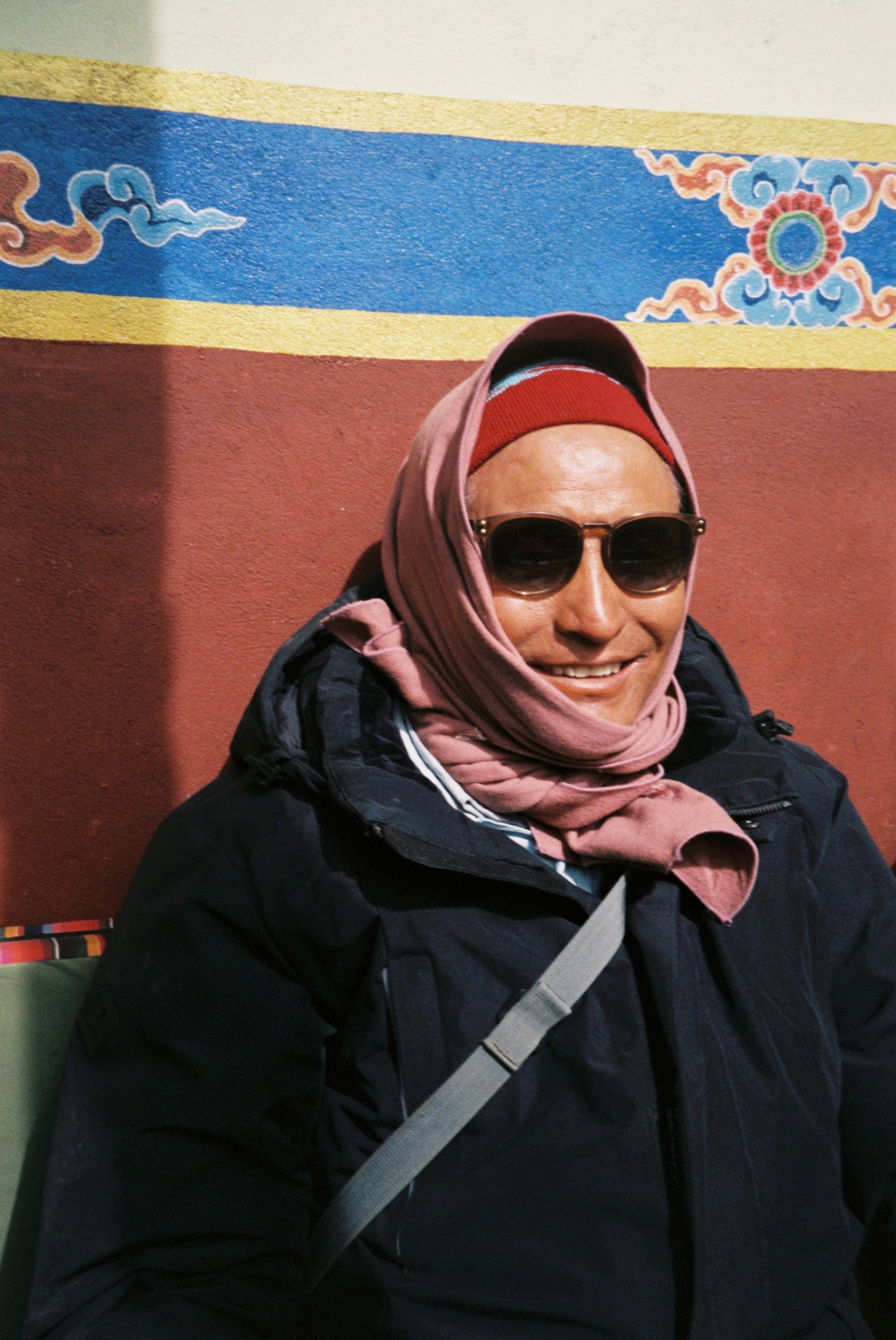
All rights reserved
© Dolian Mara Oosterman 2025
© Dolian Mara Oosterman 2025

